An ABC News investigative journalist disappeared six months ago. He seems to have known a lot about American aims in Ukraine
Has a potential whistleblower been 'disappeared' or is there another explanation?

By Felix Livshitz
On 27 April, ABC News reporter James Meek tweeted a single word – “facts” – above another Twitter post from a retired CIA officer, who stated that the 2014-2022 Ukrainian civil war was an eight-year “lab experiment” on Russia's military “tactics, techniques, and procedures.” It added that US intelligence and “unconventional warfare” experts had “learned a shit ton.”
It was the last time, to date, Meek posted on the social network. In fact, it seems it was the last time he did anything in public at all, both online and in-real-life. Rolling Stone has published an investigation into the veteran journalist’s vanishing act in the months since, revealing how just hours after that tweet was posted, a number of menacing vehicles blocked off roads around Meek’s apartment in Arlington, Virginia, then proceeded to raid the premises.
Neighbors interviewed by the magazine recall a collection of police cruisers, official-looking cars with blacked-out windows, and even armored tactical vehicles frequently used by the FBI, which resemble tanks. Quick as a flash, their occupants exited and rushed into Meek’s apartment complex, “at least 10” of them being “heavily armed.”
The raid was reportedly over very quickly, and Meek apparently didn’t leave the scene with the authorities. To this day, there is no indication of what if anything was seized or why it was conducted, and all records related to the case remain sealed, including the search warrant approved a day prior. While no charges have officially been filed, Meek has dropped off the face of the Earth, and his apartment has remained vacant ever since.
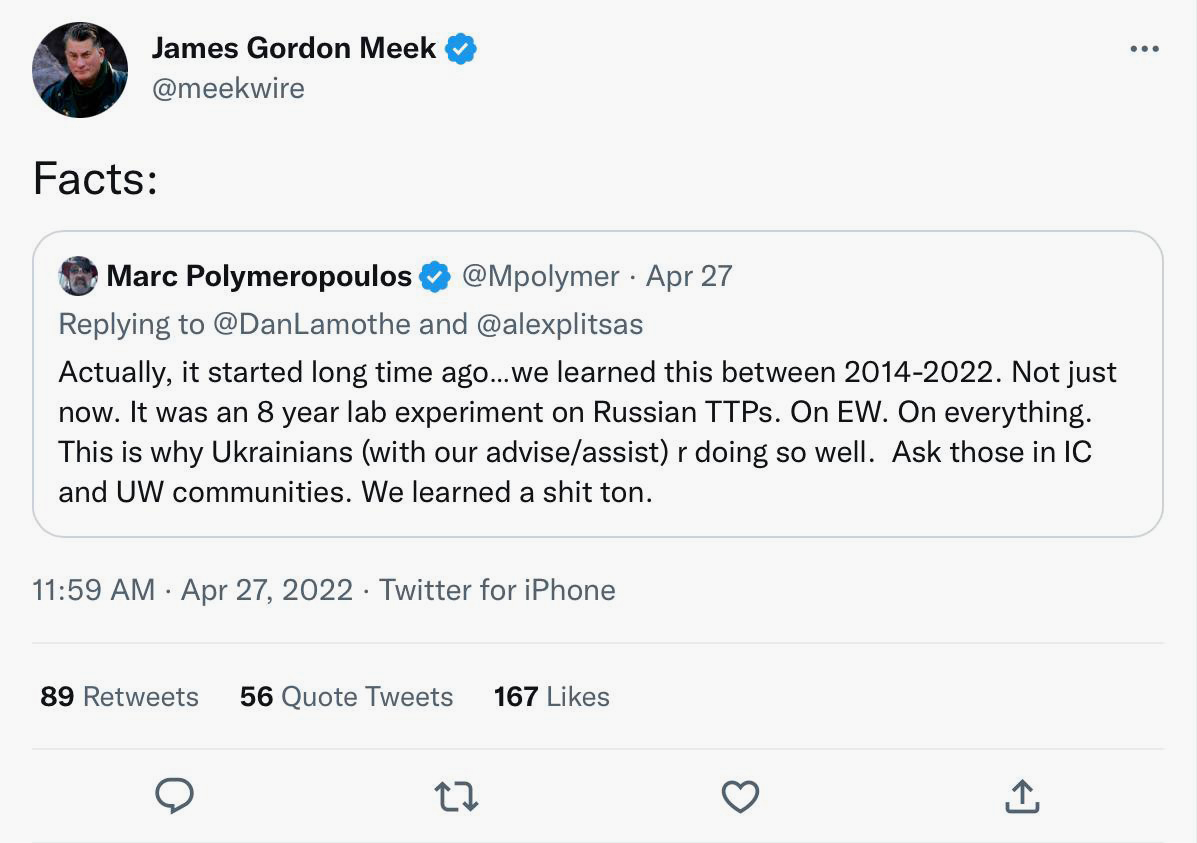
At precisely this time, Meek is said to have resigned “very abruptly” from his ABC News post without warning or explanation, with even close coworkers unaware of the reasons for his departure.
He is also said to have telephoned Lieutenant Colonel Scott Mann, a retired Green Beret, with whom he was collaborating on an almost completed book, "Operation Pineapple Express: The Incredible Story of a Group of Americans Who Undertook One Last Mission and Honored a Promise in Afghanistan," to tell him he needed to withdraw from the project due to “serious personal issues.” Meek was apparently “really distraught” during the call.
Almost immediately, Meek’s name was scrubbed from the work’s entry on US publishing giant Simon & Schuster’s website, and its cover on various e-commerce sites listing it for pre-order. Several tweets from Meek promoting his involvement in the project have also been deleted.
Tell no tales
It’s remarkable that it has taken six months for anyone to publicly raise the alarm over Meek’s disappearance, and raise questions as to his whereabouts. One might think that a relatively high-profile veteran mainstream US journalist suddenly going missing would stoke concerns among his employers, if not fellow reporters, particularly given Meek’s history of reporting on contentious topics.
He has previously broken stories on foiled terrorist attacks, and military cover-ups surrounding the fatal ambush of four Green Berets by ISIS in 2017, and the accidental death by friendly fire of US private James Sherrett II in 2008. The latter exposure resulted in Meek meeting personally with President Barack Obama.
To source such scoops would have necessitated maintaining close high-level contacts within Washington’s national security apparatus – and there are clear indications Meek could himself have experience in that very sphere. As a 2013 ABC press release announcing the creation of a new investigative unit stated, since 2011 he’d “served as Senior Counterterrorism Advisor and Investigator for the House Committee on Homeland Security, grappling with some of the top threats to our country, including the bombing at the Boston Marathon.”
What this grappling entailed isn’t explained, although Rolling Stone interviews with his ABC peers indicate that despite his background being “shrouded in mystery,” Meek was in close quarters at various times with military and intelligence professionals. One of his coworkers mentioned a photo in his office taken in a desert, featuring Meek posing with a number of people who had had their faces retrospectively blacked out.
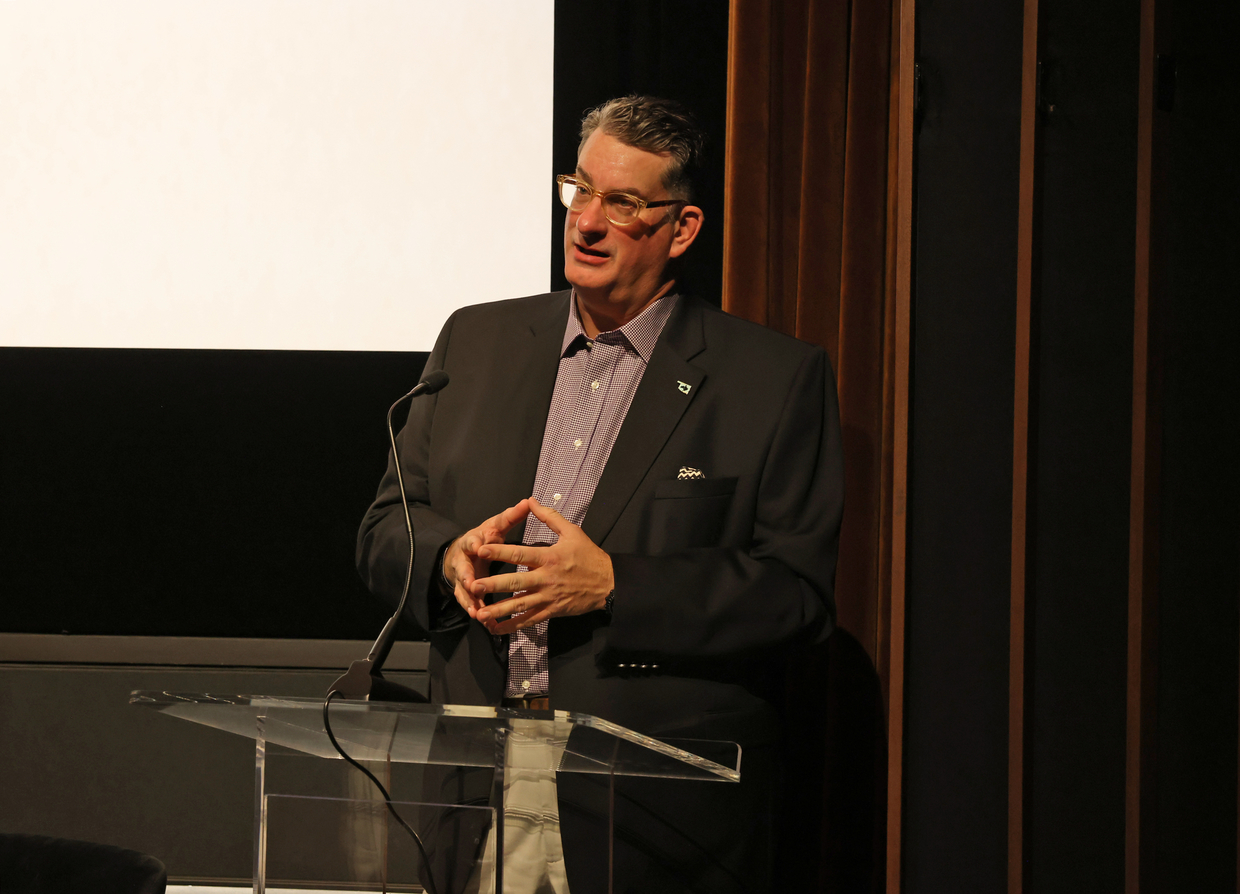
These nuggets might suggest not only that Meek had a background in military and/or intelligence work, but that these professional exploits could have overlapped with his journalism career, perhaps up to the present day.
This interpretation is greatly reinforced by an underexplored disclosure in Rolling Stone’s article. It is noted that unnamed sources had said “federal agents allegedly found classified information on Meek’s laptop during their raid.” One of Meek’s ABC coworkers further told the magazine: “it would be highly unusual for a reporter or producer to keep any classified information on a computer.” Which is true – but was he simply a “reporter or producer,” or something else too?
Even stranger, Rolling Stone fails to put two and two together when discussing how it would be unusual and unprecedented for the FBI to seize a reporter’s documents, as US laws make it illegal for journalistic material to be captured by federal prosecutors without special prior authorization from the US Attorney General’s office, and there is no evidence in the public domain that such an agreement was officially reached.
Again though, such restrictions only apply to documents held by journalists – not regular citizens, or individuals involved in national security work. As such, Meek’s final tweet – despite being posted after a warrant to search his home was secured – might be a highly incisive clue as to the rationale for the mysterious and completely unpublicized FBI raid.
Meek’s tweeting about the situation in Ukraine since 24 February was fairly sparse, but on 4 March, he revealed that America’s Germany-based 10th Special Forces Group had “spent a decade training Ukraine’s special operations forces in unconventional warfare, almost exclusively. They are seeing those tactics being used very effectively against the Russian Bear.”
In exposing this secret schooling, Meek was notably ahead of the curve – it is only since late September that Western news outlets have acknowledged the decade-long 10th Special Forces Group training provided to Kiev. This indicates he knew something the rest of the media didn’t, or maybe wasn’t allowed to mention at the time.
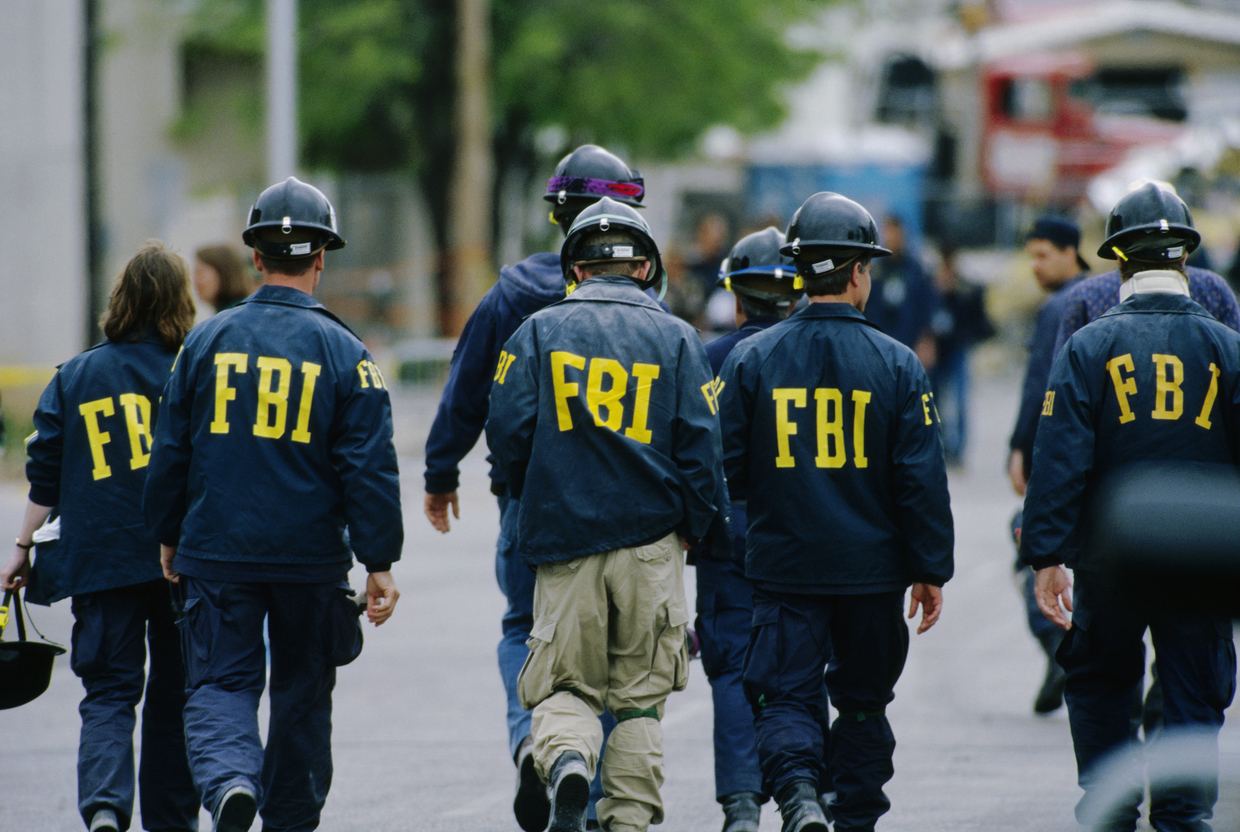
Meek’s other posts on Ukraine suggest that while far from a Russian apologist, he was very critical of US policy in the region, particularly plans to ship endless weapons to Ukraine, believing it would be difficult for the cargo to reach the frontline, let alone be used very effectively by local troops. Both obvious outcomes have been subsequently admitted, leading to online backlash, and official denials.
The ABC journalist’s knowledge of that covert training, and the US intelligence community exploiting the post-Maidan regime’s brutal war on the Donbass civilian population as a petri dish for prepping war with Russia, strongly suggests insider access. Combined with public skepticism over Washington’s war effort, could it be that Meek planned an expose of inconvenient hidden truths about the Western proxy war in Ukraine, or alternatively knew too much, and was dangerously well-positioned to publicize it?
Declassified documents reveal that the rule change protecting a journalist’s possessions from seizure contain massive loopholes. If the FBI is trying to identify an individual who leaked documents to a reporter, or attempting to surveil someone they believe to be an intelligence operative, those protections evaporate, and the bureau can monitor privileged private communications without the Attorney General office’s approval.
Were it the case that Meek was both a journalist and intelligence professional, by receiving sensitive briefings on US involvement in the war in Ukraine, he could have walked into a series of traps of his dual career’s own making, with no legal protections, and no need for official sign-off on a massive spying and raid operation targeting him.
It is unknown quite what information he could have possessed that the US government wanted to suppress, although the White House is so desperate to maintain official narratives on the Russia/Ukraine conflict that it's giving direct briefings to Tik-Tok stars on the subject.
Of course, it's entirely conceivable that someone who could blow the whistle on how Russia’s intervention was provoked, or what the US is trying to get out of prolonging the fighting, would need to be silenced as a matter of urgency.
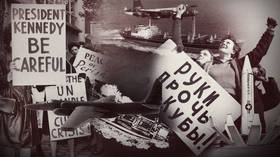

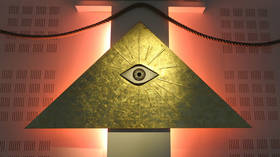

0 Comments:
Post a Comment
Subscribe to Post Comments [Atom]
<< Home